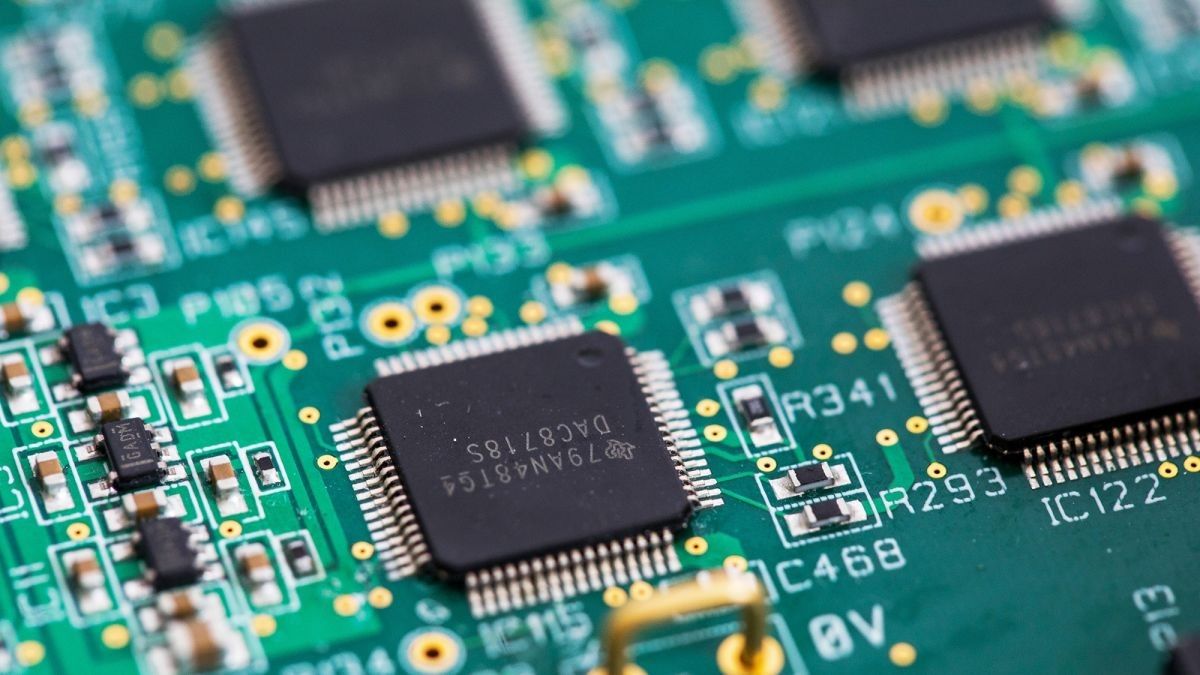The EU is largely dependent on chips manufactured in Asia. The EU will launch a plan today to raise tens of billions of Euros to boost its semiconductor production process in Europe and decrease its dependence on Asia and other regions. The EU block is attempting to invest north of €42 billion ($48 billion).
The pandemic made North America and Europe reconsider their strategies. The supply shortages caused massive backlogs and brought many factories and warehouses to a standstill, emptying stores of products and letting employees go. Most of the chip manufacturing process takes place in China, South Korea, and Taiwan. It’s no surprise that having the chip manufactured in one of the 27 European member states would result in a lot of benefits, such as more independence, shorter delivery times, and more.
Thierry Breton, the EU’s industry commissioner, will ask Europeans on Tuesday to match plans with the United States, where the Biden administration will also ask Congress to approve a $52 billion plan to boost the chip manufacturing process in the states. North America and Europe want to take back control over manufacturing, although the plan is expected to take many years.
Breton also said that this “will position Europe as an industry leader but also give us complete control of our semiconductor supply chains [...] The EU will equip itself with the means to guarantee its security of supply, as the United States does for example. [...] Europe will remain an open continent, but on its own terms,” via MSN.
If the plan is approved, the EU could generate €42 billion via the existing budget and cut some ties to Asian manufacturers. The deal would allow Europe’s semiconductor capacity to go from 10-percent to 20-percent by 2030, and the plan could reduce shortages in the future.

